The French Revolution is one of the most significant and famous events of world history. Lasting from 1789 to 1799, it resulted, among other things, in overthrowing the monarchy in France. There were various reasons which brought about the Revolution. These include intellectual reasons like the ideas put forward by the philosophers of the Age of Enlightenment; cultural reasons like the rise of the bourgeoisie class; political reasons like the ineffective leadership of French monarch Louis XVI; social reasons like the unjust Estates System; financial reasons like French involvement in expensive wars; and economic reasons like the rise in price of bread. Here are the 10 major causes of the French Revolution.
#1 Social Inequality in France due to the Estates System
In the 1780s, the population of France was around 24 million and 700 thousand and it was divided into three estates. The First Estate was the Roman Catholic clergy, which numbered about 100,000. The Second Estate consisted of the French nobility, which numbered about 400,000. Everyone else in France; including merchants, lawyers, laborers and peasants; belonged to the Third Estate, which comprised around 98% of the French population. The Third Estate was excluded from positions of honor and political power; and was looked down upon by the other estates. It was thus angered and resented its position in French society. This led to them coming together to launch the French Revolution in 1789.
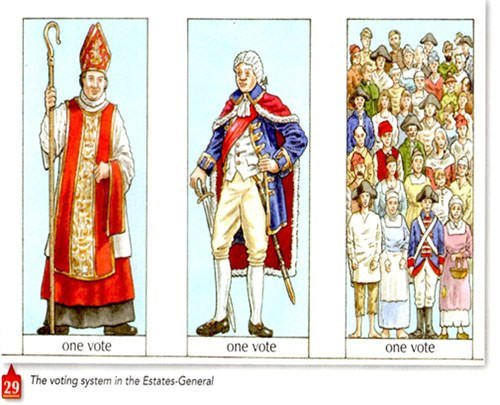
#2 Tax Burden on the Third Estate
The First Estate in France, or the clergy, owned 10% of the land though it comprised less than 0.5% of the population. It was very wealthy and paid no taxes. It had many privileges, including the collection of tithes. Tithes was one-tenth of annual produce or earnings taken as a tax for the support of the Church. The Second Estate, or the nobles, owned about 25% of the land. They were exempted from paying many taxes and were allowed to collect dues from peasants. In contrast, the Third Estate was forced to pay heavy taxes while the other two were exempted. This burdened the Third Estate leading to their questioning this unjust Estates System and planning to overthrow it.
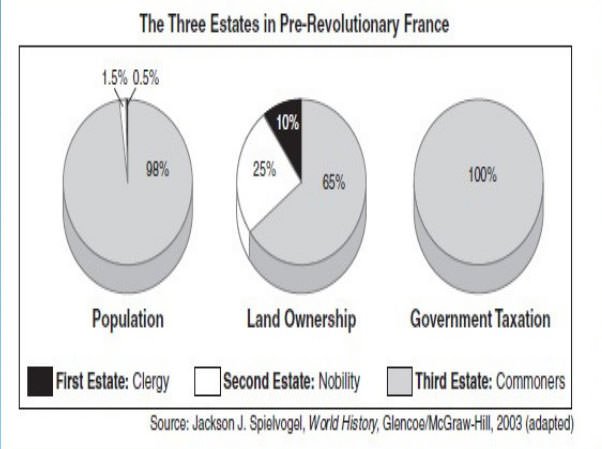
#3 The Rise of the Bourgeoisie
The bourgeoisie were the rich men and women of the Third Estate who started to become influential in the years leading to the revolution. They evolved into a new caste with its own agenda and political aspiration. The bourgeoisie resented the position of the First and the Second Estate, which they believed was derived from their efforts. Moreover, they aspired to attain political equality with the other two estates. The desire of the bourgeoisie to rid themselves of feudal and royal encroachments on their personal liberty, commercial prospects and ownership of property was one of the reasons which led to the French Revolution.

#4 Ideas put forward by Enlightenment philosophers
The Age of Enlightenment was an intellectual and philosophical movement that dominated the world of ideas in Europe during the 18th century. Enlightenment philosophers like John Locke, Jean-Jacques Rousseau and Baron de Montesquieu questioned the traditional absolute authority of the monarch and divisions of society like the Estates System. For example, Locke argued that a leader may only govern a society if he had the consent of those he governed; Rousseau was against all class divisions; and Montesquieu advocated for a system of government based on separation of powers. The writings of Enlightenment thinkers were discussed in France more than anywhere else and they greatly influenced the revolutionaries.
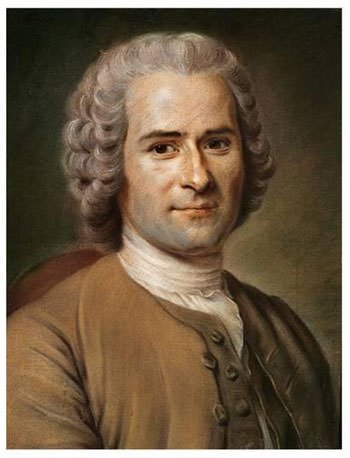
#5 Financial Crisis caused due to Costly Wars
Throughout the 18th century, France participated in a series of expensive wars primarily against its long-term rival Great Britain. Louis XV, who ruled over France from 1715 to 1774, lost the Seven Years’ War against Britain. He then drew up a plan to avenge the loss by building a larger navy and an anti-British coalition of allies. However, this only resulted in a mountain of debt. Louis XVI, grandson of Louis XV who succeeded him in 1774, then involved France in the American War of Independence against Britain. Though U.S. won the war, France gained little from it. French support for the war was expensive costing 1.066 million French livres, a huge sum at the time. This worsened the economic crisis in the nation and pushed it toward bankruptcy.
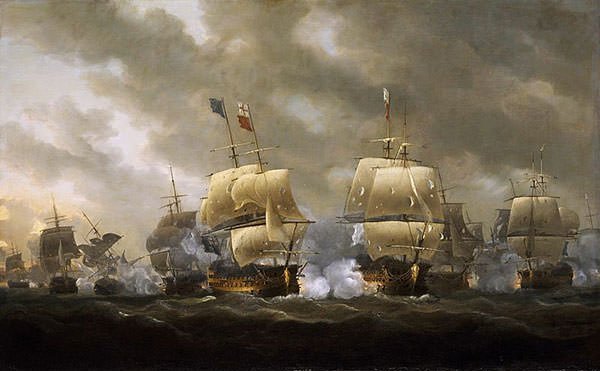
#6 Drastic Weather and Poor Harvests in the preceding years
In June 1783, Laki volcano in Iceland erupted sending volcanic ash high into the atmosphere in Europe. This led to a severe winter in Europe in 1784 and the following summers included extreme droughts that caused poor harvests and famine. France then experienced another series of poor harvests in 1787 and 1788 with extreme winters. A decade of extreme weather conditions and poor harvests took a toll on the poor peasants of France, who were struggling to survive day to day. The frustration of the peasants angered them to revolt.
#7 The Rise in the Cost of Bread
The situation in France worsened when poor harvests caused the price of flour to increase dramatically, which in turn raised the price of bread. Bread was the staple food for most French citizens and it has been estimated by historians that the working class of France was spending upwards of 90% of their daily income on just bread. Louis XVI implemented deregulation of the grain market but it resulted in further increasing the bread prices. The rise in the cost of bread severely affected the common French citizens who resented the monarch for his not being able to solve the food crisis.
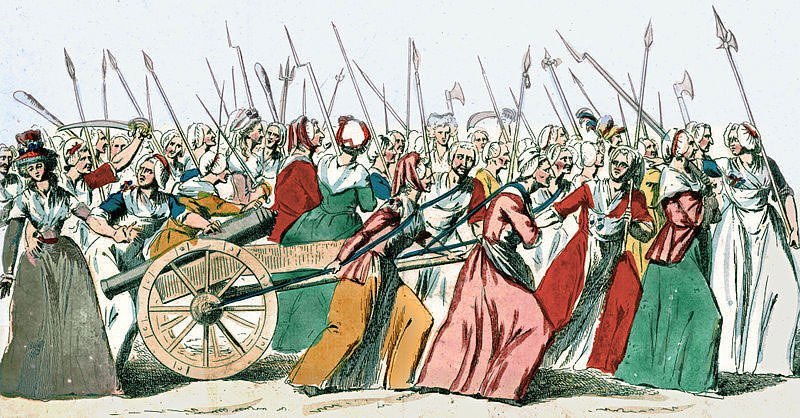
#8 Ineffective leadership of Louis XV and Louis XVI
In France, as in most other European nations, the monarch ruled on the basis of the divine right of kings. He was thus not answerable to his subjects. However, the philosophies of Enlightenment thinkers made the public think differently. Louis XV failed to overcome the financial problems facing France. He was not able to harmonize the conflicting parties at court to arrive at coherent economic policies. Louis XVI then tried to bring about radical reforms but failed miserably. The poor economic condition of the nation angered the masses and they became critical of their king. Moreover, both Louis XV and his grandson were aware of anti-monarchist forces that were threatening their family’s rule but they were unable to stop them.
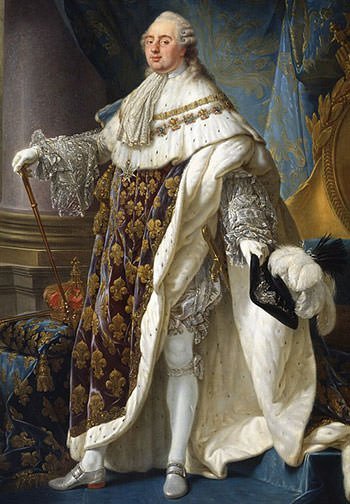
#9 Parlements’ Successful Opposition to Reforms
Several French ministers, including Anne Robert Jacques Turgot and Jacques Necker, proposed revisions to the French tax system so as to include the nobles as taxpayers. This may have reduced the financial crisis in the nation and would have lessened the anger of the poor as the tax system would have become more just. A parlement in France was a provincial appellate court. They were not legislative bodies but consisted of appellate judges. The parlements were the spearheads of the nobility’s resistance to royal reforms and they prevented any reform in taxation which would include the nobility.

#10 The Extravagant Lifestyle of the French Monarchy
The extravagant expenditure on luxuries, first by Louis XV and then by Louis XVI, compounded the economic crisis facing the nation and was one of the primary reasons behind the revolution. For example, the construction and remodeling of the Palace of Versailles throughout the 17th and 18th centuries incurred a huge cost to the country. These large expenditures by the French monarchy caused dissatisfaction among the people who began to view its leaders as wasteful while they suffered due to the poor economic state of the nation. This in turn led to national unrest and ultimately the Revolution.

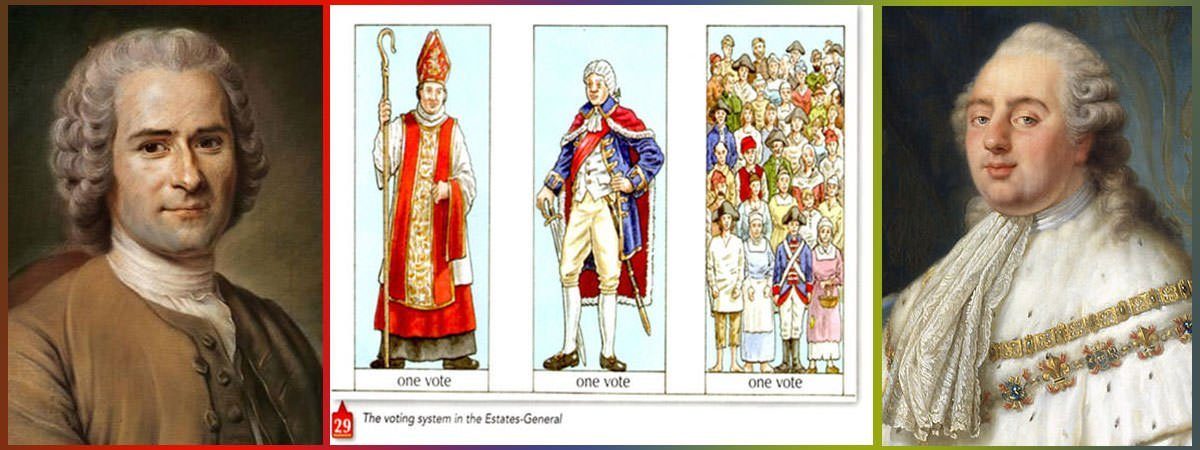
How about giving some kudos to the U.S. for leading g.the way with the American Revolution?
Thank you so much for this answer. It’ll be helpful for me.
If possible keep it up and cover another topic too…
Happy to help.
Thank you very much for the excellent analysis. Highly helpful for me to discuss in the class.
Happy to help.
Thanks for such a great answer. It is very helpful
Happy to help.